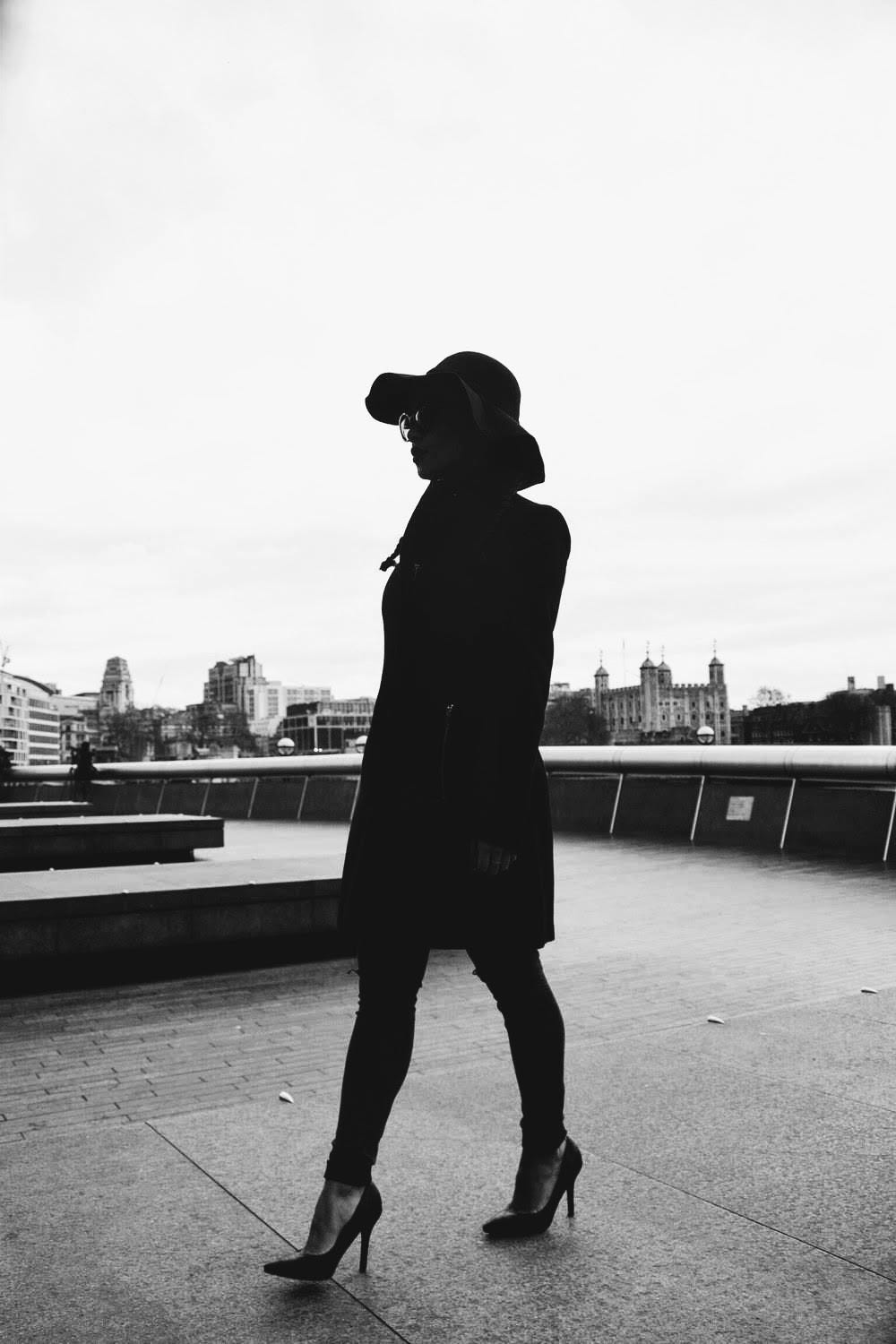Reshaping the Narrative: Valuing the lost stories of single women / Jane Edge

When you were 7, what did your life plan look like?
Mine featured a few different career aspirations, the most unusual being a rollerblading waitress (I saw it on The Simpsons), a cupboard full of chocolate and a husband/baby/house combo by the age of 23. Although my idea of a fulfilling job changed – I was never that good at rollerblading anyway – the rest of my plan subconsciously remained the same. It was a bit of an unwelcome surprise at 23, and 25, and again at 29 to realise that the package deal was at least a few years and few hundred thousand dollars away. It was another unwelcome realisation that it might not ever happen. These things just aren’t guaranteed. To quote poor William Thacker from Notting Hill, “To find someone you actually love, who’ll love you… The chances are always miniscule.”
I wonder how many young girls grow up with the same life plan. And I wonder how many of these girls get the chance to know and respect older women whose lives have taken a different path. In society, and often in the church, a woman’s role is still tied to the ability to find love.
There’s a sense of ‘levelling up’. The phrase “proud mama” is used with wild abandon. Social circles widen, responsibilities change and lots of new parents talk about discovering a new type of love for their child that they didn’t know was possible. These are the narratives that are familiar, and very important for people in this stage of life.
The narratives I’ve heard about older single women aren’t so inspiring. There’s the loveable but hopeless Bridget Jones who just can’t get the dating thing right. Then there are the snide comments about people who don’t have children being “selfish”. Or women being too “independent” or “bossy” or (the most frustrating one of all) “too picky”. Surely a certain degree of pickiness is sensible when considering a lasting romantic attachment? Nevertheless, these are just some of the attitudes displayed towards older single women on a regular basis.
So, which narratives do we value? How do we view women who will never own a home, or can’t join in with the parenting chat? Which milestones do we choose to acknowledge and celebrate? Most of the big celebrations in life revolve around love – engagements, bridal showers, weddings, baby showers (gender reveal parties if you’re trendy and good with Instagram) – and few revolve around skill or career choices. It’s not that single people need to be celebrated every step of the way, but one’s twenties can be a long road of other people’s festivities. In church, Sunday mornings can be a frenzy of kids programmes and celebrations. I’ve had the experience many times of chatting to a friend with a baby only to have an older member of the congregation interrupt to coo over the baby and talk parenting, cutting me out of the conversation. If you want the power of invisibility, be the only childless person at the table. I think we need to be conscious of what we acknowledge and ignore.
The narratives we tell about women and success (on both a personal and public level) have the potential to empower or exclude. Marriage looks great and parenting seems so fulfilling. But I may only ever have an outsider’s perspective on that. I need to hear, and be part of, other stories about womanhood. There are women doing incredible things in science, education, charities, mission fields, journalism and the list continues. Many women can nurture others, lead (either in an obvious way or more quietly), think critically and succeed in lots of different fields. Do they need a wedding ring and the status that comes with it to make that worthwhile?
Got a promotion? Awesome. Finished a half marathon? Amazing. Learned to make pasta from scratch? Great. And let’s have dinner together. I’m not saying that there’s anything wrong at all with being married and having babies. I’d like to do that someday too. But I think that, as a culture, we can forget that there is value and dignity and a lot of great lessons in a different sort of life. I’d like to see that acknowledged more – whether that means being more conscious of diversity in leadership teams, making a point of sharing resources equally among married and single groups, or just making space for a range of stories to be heard.
To return to 7-year-old me, perhaps my life plan would have widened a bit if I had been exposed to strong women with different plans. Let’s look for the women living them out and ask them how they got there.
Jane Edge



